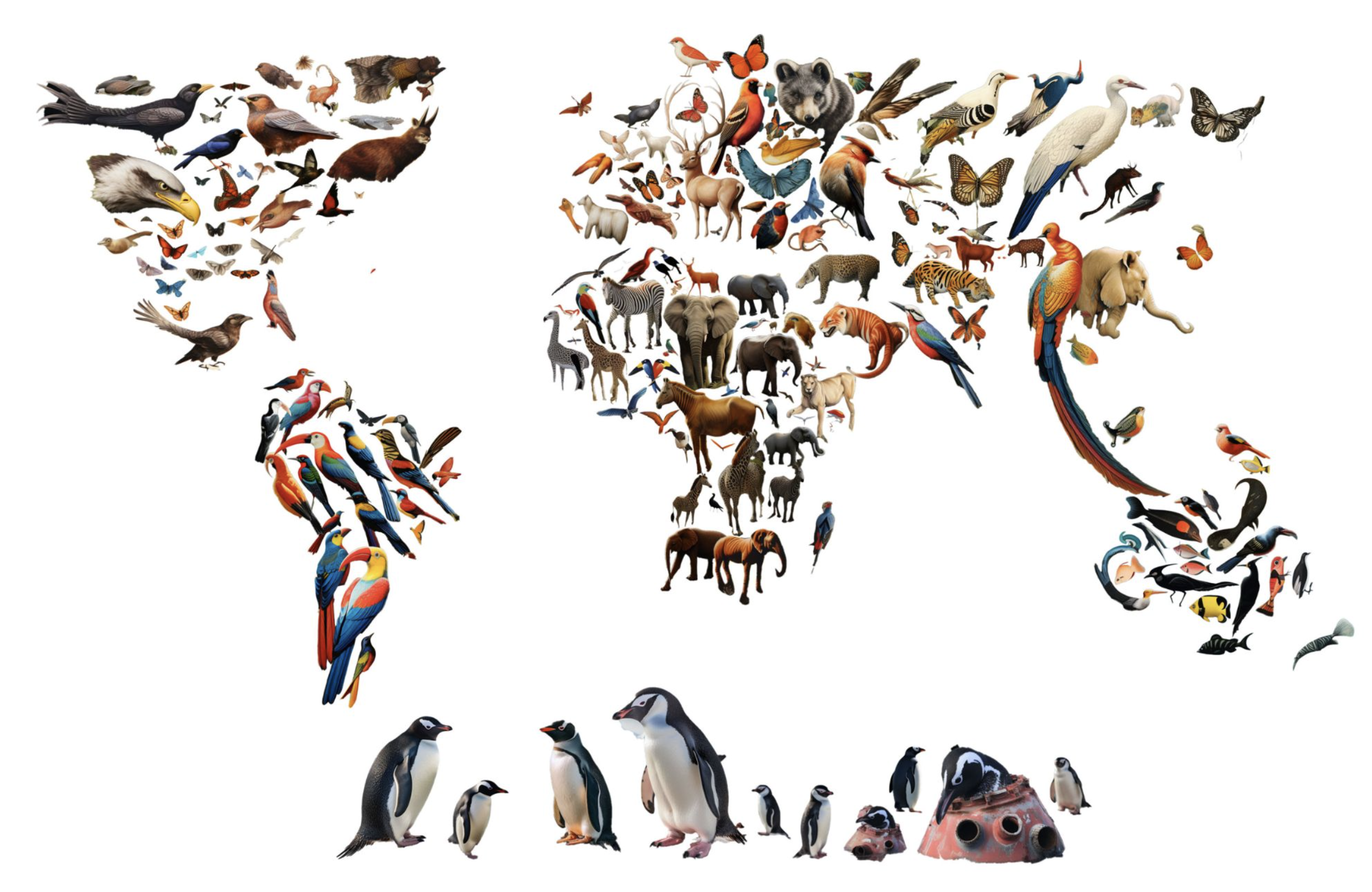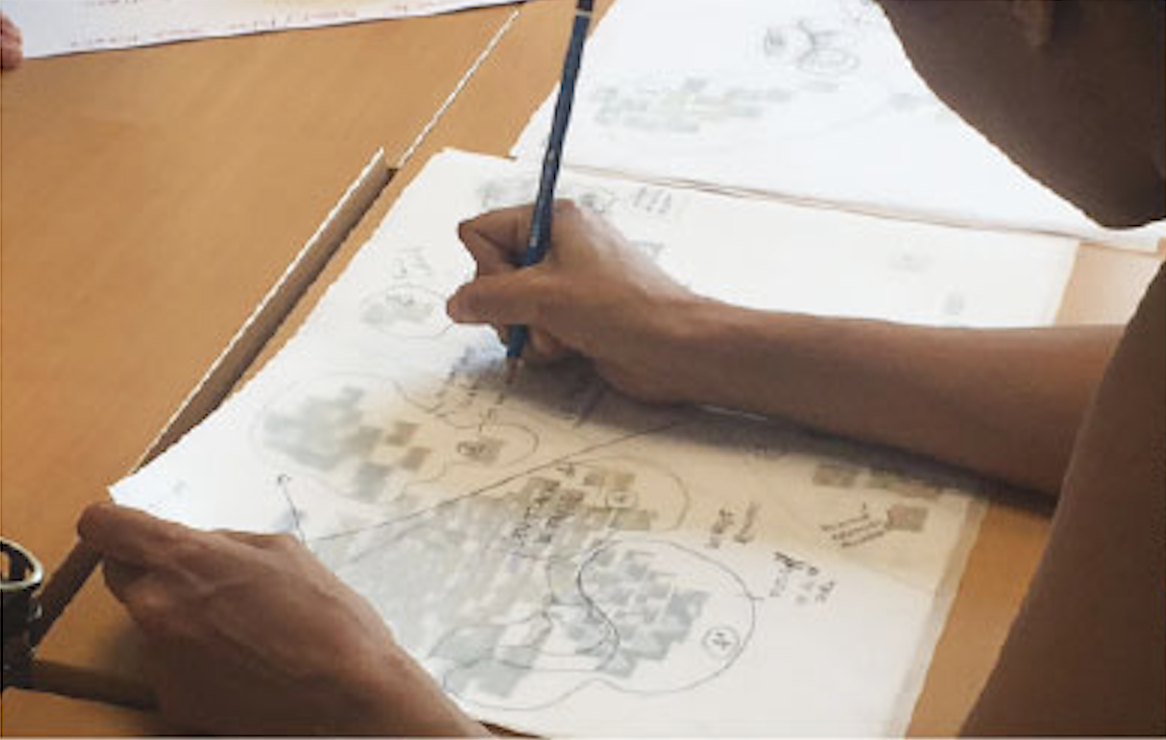Research-with-AI Critique
Digital Methods Winter School and Data Sprint 2026


Digital Methods Winter School and Data Sprint 2026 5-9 January 2026
https://wiki.digitalmethods.net/Dmi/WinterSchool2026
In-person Opening day location:
University of Amsteram
Oudemannhuispoort
1012 CN Amsterdam
Room D1.08
Starts at 9:15 Everyday location:
Media Studies
Turfdraagsterpad 9
1012 XT Amsterdam
the Netherlands
Important Links
- Welcome package (includes the Schedule)
- Schedule
- Use this link to join the Mattermost channel! (Alternative to Slack)
- Project descriptions (join a project!)
- Tutorials
- Template for final poster
- Template for project reports. And DMI wiki project write-up template
Digital Methods Winter School and Data Sprint: Call for Participation
Research-with-AI Critique The Digital Methods Initiative (DMI), Amsterdam, is holding its annual Winter School on 'Research-with-AI critique'. The format is that of a (social media and web) data sprint, with tutorials as well as hands-on work for telling stories with data. There is also a programme of keynote speakers. It is intended for advanced Master's students, PhD candidates and motivated scholars who would like to work on (and complete) a digital methods project in an intensive workshop setting. For a preview of what the event is like, you can view short video clips from previous editions of the School. Just a part of the pipeline: Research-with-AI critiqueChatbots have become a ‘part of the pipeline’ in a number of research methodologies in the social sciences and humanities, contributing to formatting, summaries, annotation, labeling and even the generation of synthetic data. One question is how to go about using chatbots in the first place for such research tasks, and make use of the many best practice guides that have been shared across the research landscape. These guides contain steps about how to prompt and query chatbots properly. But they also advise that the chatbots explain themselves and that researchers validate their outputs. How does one gain confidence in how the chatbots work for the researchers? In other words, at each of these steps, one could consider how to ground chatbot findings, raising a series of questions such as when to undertake a manual and/or multiple chatbot comparison.
Digital methods and AI
Taking such a series of steps is in keeping with a digital methods outlook that would ask, what does this medium have to offer, and how can those offerings be repurposed for social and cultural research? And under which conditions can the findings be grounded in the medium? But it would also ask, what are AI native or medium methods? Can chatbots be used as societal and cultural reflections (such as the promise of 'synthetic data'? How does the medium or the platform affect the data? Here is where guardrail auditing comes into the picture. How to detect the guardrails that have been put up by the chatbots so that they can interact with users without offence? How do they affect the quality of the data? The Winter School is dedicated to how to undertake research with AI through a critical, digital methods lens. Applications: Key Dates There are rolling admissions and applications are now being accepted. To apply please send a letter of motivation, your CV, a headshot photo and a 100-word bio to winterschool [at] digitalmethods.net. Notifications of acceptance are sent within 2 weeks after application. Final deadline for applications is 12 December 2025. The full program and schedule of the Winter School are available by 19 December 2025.
Tuition Fees, Completion Certificates & Accommodations
The fee for the Digital Methods Winter School 2026 is EUR 795, and upon completion all participants receive transcripts (worth 6 ECTS). To complete the Winter School successfully all participants must co-present the one final presentation (poster session) and co-author one final project report, evidenced by the presentation slides or poster as well as the final report(s) themselves. Final reports should appear on this wiki (handy template) and contain a link to the final presentation slides or poster. They are due on 9 February, or four weeks after the end of the Winter School. There are no other attendance or completion certificates issued other than the transcripts.Payment information is sent along with the acceptance notification. Students at the University of Amsterdam do not pay fees. Members of Dutch Research Schools and alumni of the University of Amsterdam pay half fees. There are no other scholarships or discounts.
The Winter School is self-catered. The venue is in the center of Amsterdam with abundant coffee houses and lunch places.
We have available accommodations at this hotel: The Social Hub Amsterdam
Jan van Galenstraat 335
1061 AZ Amsterdam
(Arrival: 4 January 2026; Departure: 10 January 2026)
https://www.thesocialhub.co/amsterdam-west/
Use discount code: DIGITALMETHODS15 (It only works for Arrival: 4 January 2026; Departure: 10 January 2026. For different dates, contact the hotel directly.)
We also have accommodations available at
The Volkshotel
Wibautstraat 150
1091 GR Amsterdam
https://www.volkshotel.nl/en/
Use discount code: DIGIMETH20 To avoid disappointment, please contact them as early as possible. Please bring your laptop computer, your European plug as well as the HDMI/USB-C adaptor for connecting to the projector.
About DMI
The Digital Methods Winter School is part of the Digital Methods Initiative (DMI), Amsterdam, dedicated to developing techniques for Internet-related research and to the study of the natively digital. The Digital Methods Initiative also holds the annual Digital Methods Summer Schools, which are intensive and full-time undertakings in July. There is a practical guide, Digital Methods: A Short Introduction (Polity, 2025) and textbook, Doing Digital Methods (Sage, 2024 - 2nd edition). The Digital Methods book (MIT Press, 2015) provides one methodological outlook that frames and informs the work of the DMI. It is accompanied by a companion volume about mapping social and political issues with digital methods: Issue Mapping for an Ageing Europe (Amsterdam University Press, 2015), which is also freely available on the web as an open access monograph. Further information and resources about digital methods can be found at digitalmethods.net - including links to example projects, publications, tools, an introductory "founding narrative" about the Digital Methods Initiative as well as short bios of the affiliated researchers. The coordinators of the Digital Methods Initiative are Prof. Sabine Niederer (Amsterdam University of Applied Sciences) and Dr. Esther Weltevrede (New Media & Digital Culture, University of Amsterdam), and the director is Richard Rogers, Professor of New Media & Digital Culture, University of Amsterdam.About Digital Methods as a Concept
Digital methods is a term coined as a counterpoint to virtual methods, which typically digitize existing methods and port them onto the Web. Digital methods, contrariwise, seek to learn from the methods built into the dominant devices online, and repurpose them for social and cultural research. That is, the challenge is to study both the info-web as well as the social web with the tools that organize them. There is a general protocol to digital methods. At the outset stock is taken of the natively digital objects that are available (links, tags, threads, etc.) and how devices such as search engines make use of them. Can the device techniques be repurposed, for example by remixing the digital objects they take as inputs? Once findings are made with online data, where to ground them? Is the baseline still the offline, or are findings to be grounded in more online data? See R. Rogers (2009), The End of the Virtual: Digital Methods. Amsterdam: Amsterdam University Press.Social
We are using the #DMI26 hashtag for social media. Some pictures from a past Winter School. Here is the Facebook Group from one year, and from a Summer School. Here are pictures from a variety of DMI Summer and Winter School Flickr streams.EU Project
This Winter School is part of the EU Projects, SoMe4Dem. Copyright © by the contributing authors. All material on this collaboration platform is the property of the contributing authors.
Copyright © by the contributing authors. All material on this collaboration platform is the property of the contributing authors. Ideas, requests, problems regarding Foswiki? Send feedback